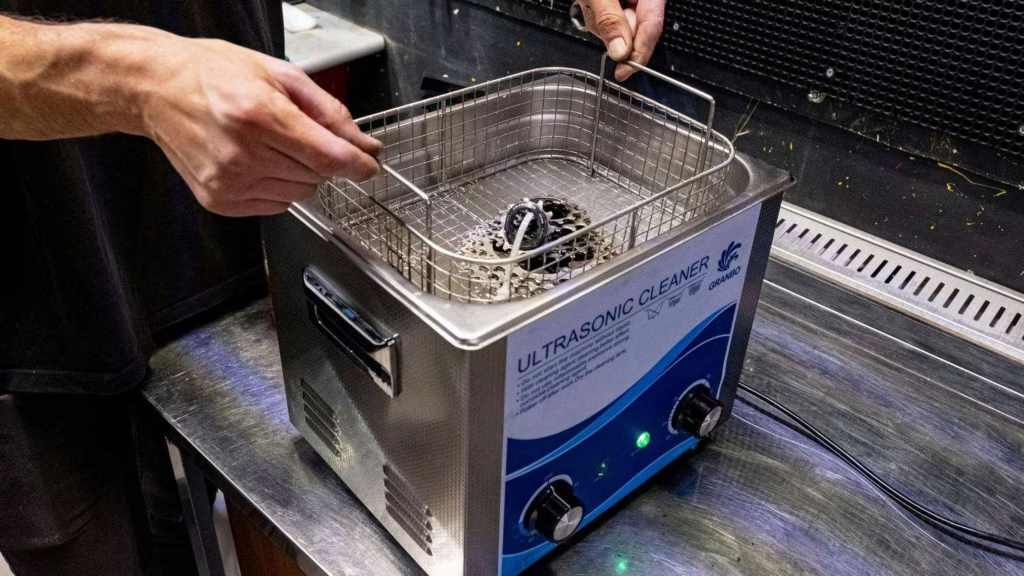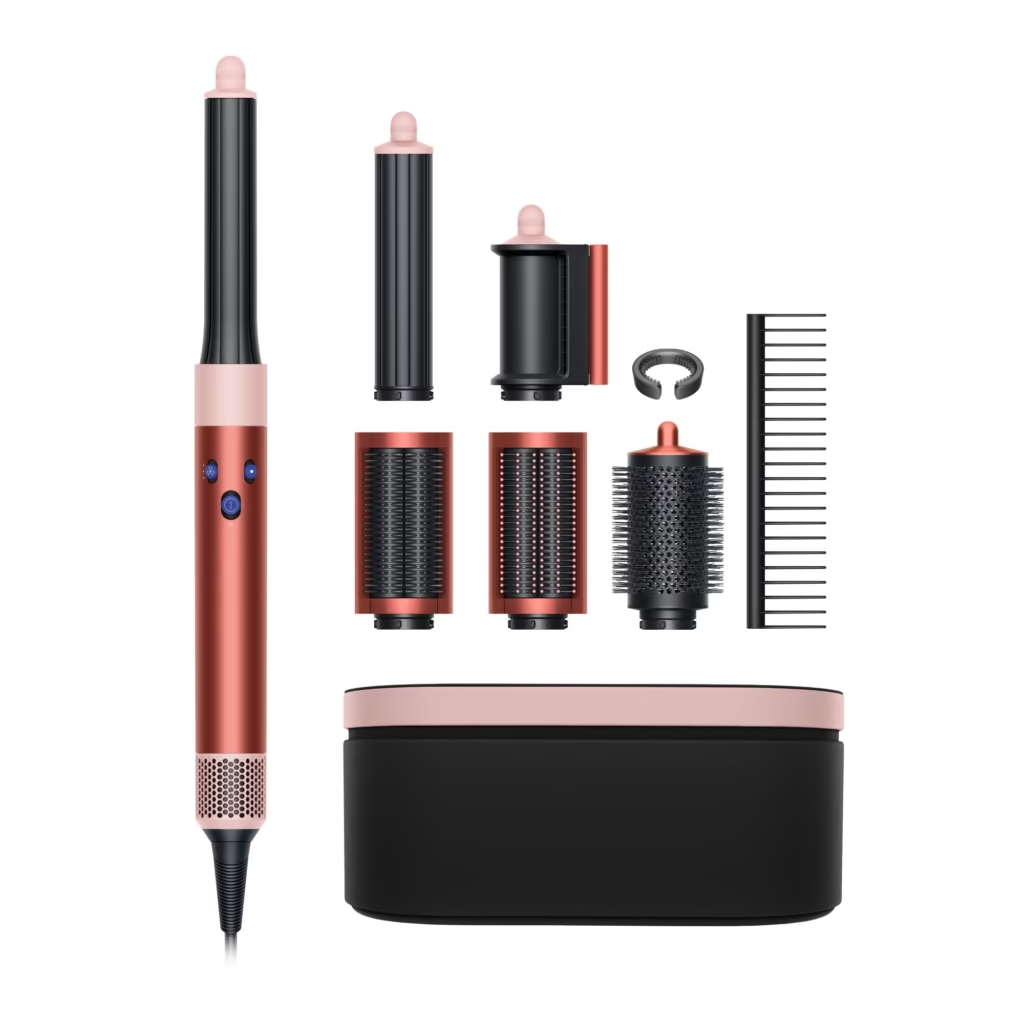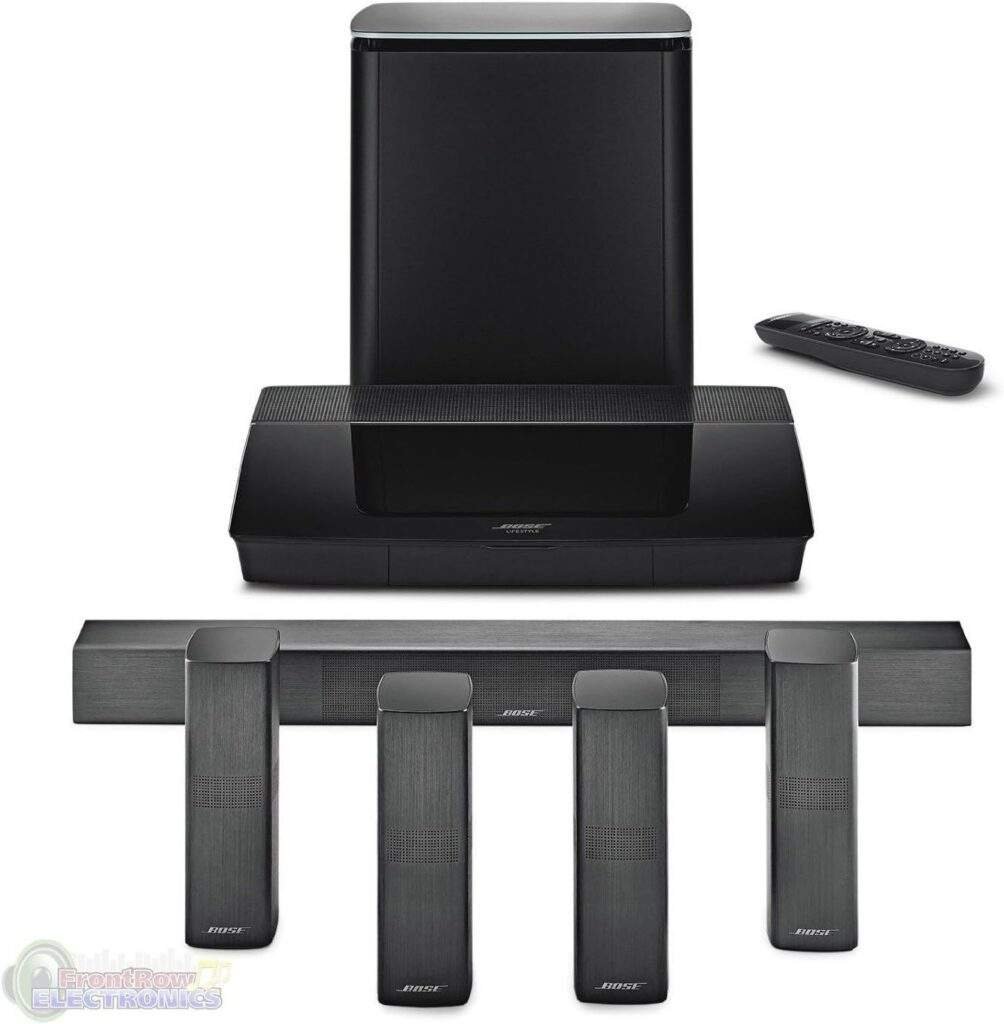Traveling soon? Our expert guide covers everything from STI testing and emergency contraception to finding LGBTQ+ and region-specific sexual health resources abroad. Stay prepared and empowered.
Table of Contents
Travel unlocks new worlds, but your sexual health routine shouldn’t take a vacation. A little preparation ensures that wanderlust doesn’t come with unintended consequences. This guide gives you the clear, actionable knowledge you need to manage your sexual health confidently, no matter where your journey takes you.
Key Takeaways:
- Plan Ahead: A pre-travel consultation with a healthcare provider is your single most important step for getting vaccines, prescriptions, and personalized advice.
- Pack Smart: Bring your own supply of condoms, birth control, and even emergency contraception, as access and quality can vary abroad.
- Know Your Resources: Identify sexual health clinics, LGBTQ+-friendly providers, and digital resources at your destination before you go.
- Use the A.R.T. Framework: Anticipate your needs, Resource your journey, and Take off with confidence.
🧭 The A.R.T. of Sexual Health Travel
Navigating sexual health while traveling boils down to a simple, three-part framework: Anticipate, Resource, and Takeoff.
A: Anticipate & Plan (Before You Go)
Proactive planning is the cornerstone of safe and stress-free travel. A last-minute scramble for basic health supplies in an unfamiliar country is a risk you don’t need to take.
1. Schedule a Pre-Travel Consultation
Don’t skip this appointment. A healthcare provider can do more than just give you travel vaccines. This is your chance to:
- Discuss your itinerary and the sexual health risks associated with your destinations.
- Get STI testing to ensure you have a clean bill of health before you leave.
- Update your prescriptions for birth control and get a supply for the entire trip, plus extra.
- Talk about PrEP (Pre-Exposure Prophylaxis) for HIV if it’s relevant to you.
- Get a prescription for emergency contraception in advance, even if you don’t think you’ll need it .
2. Build Your Travel Health Kit
Your carry-on should contain a dedicated health kit. Store everything in its original packaging to avoid issues with customs.
- Condoms & Lubricant: Pack more than you need. Availability, quality, and sizing can be unreliable elsewhere .
- Birth Control Supply: Bring your full supply plus a few days’ extra in case of delays.
- Emergency Contraception: If you can get it in advance, pack it. Access is not guaranteed worldwide, and in some places, it may be illegal or require a prescription .
- STI Test Kits: Consider packing a self-test kit for peace of mind, especially for longer trips.
R: Resource Your Journey (Finding Care Abroad)
You’ve planned ahead, but it’s also crucial to know where to turn for help or services once you’re at your destination.
Where to Find STI Testing & Contraception
Services are organized differently in every country. Here are the most common avenues for care:
- Public Sexual Health Clinics: Often offer low-cost or free testing and treatment. Research the names and locations of these clinics in your destination city beforehand.
- Private Clinics & Hospitals: Typically provide faster, more comprehensive services, but at a higher cost. Useful for travel insurance claims.
- Pharmacies: In many countries, pharmacists are highly accessible and can provide condoms, oral contraceptives, and sometimes even emergency contraception and STI testing without a doctor’s visit. However, a recent review highlighted that pharmacists can also be a barrier due to refusal to dispense, misinformation, or lack of stock, so it’s best not to rely on them as your sole resource .
- Mobile Health Outreach: In some regions, mobile clinics bring sexual health services directly to underserved or rural areas. These services are designed to be confidential and can be a great option for reaching a wide range of people .
A Quick-Reference Directory by Region
Use this table as a starting point for your research. Always verify current details locally, as services can change.
| Region | Types of Services & Resources | How to Find Them |
|---|---|---|
| North America | Public health clinics, Planned Parenthood, LGBTQ+ community health centers, private doctors. | Search for “sexual health clinic” or “STI testing” in your city. Use directories like OutCare Health . |
| Europe | A mix of public clinics (e.g., “Centres de dépistage” in France, “GUM clinics” in the UK) and private practices. Pharmacies are a key first stop. | Research the specific national health service website for your destination country. |
| Asia, Africa, Latin America | A varied landscape including public hospitals, private clinics, and NGOs. Access can be concentrated in major cities. | Check with local WHO or UNAIDS-affiliated organizations . International travel health websites can also provide country-specific clinic lists. |
Specialized Resources for the LGBTQ+ Community
Finding affirming care is critical for LGBTQ+ travelers. Your regular travel research should include looking up:
- LGBTQ+ Community Centers: These often have the most up-to-date lists of friendly providers .
- Online Directories: Platforms like OutCare Health offer a comprehensive, vetted directory of affirming healthcare providers worldwide .
- Local LGBTQ+ Guides and Apps: These can point you to not just bars and clubs, but also to doctors who are trained in culturally competent care, such as hormone therapy or PrEP .
T: Take Off with Confidence (On-the-Ground Wisdom)
Your preparation is done and your resources are mapped. Now, focus on navigating your trip smartly.
1. Navigate Time Zones & Birth Control
For those on the pill, especially the progestin-only mini-pill, time zone changes can be confusing.
- Strategy: Use a world clock app to find the equivalent time at your destination. If the time difference is significant, consult your doctor about gradually shifting your pill schedule a few days before you travel .
2. Protect Your Supplies from the Heat
Many medications, including birth control pills and the vaginal ring, can lose effectiveness if exposed to high temperatures.
- Strategy: Never leave them in a hot car or in direct sunlight. Store them in your room in a cool, dry place. If you’re camping or traveling without air conditioning, consider a long-acting method like an IUD or implant before your trip .
3. Understand the “Travel Disinhibition” Effect
Travel can lower inhibitions. The combination of new environments, alcohol, and a sense of anonymity can lead to sexual behaviors you might not engage in at home . A study of young Canadian travelers found that while sexual activity often decreased abroad, alcohol consumption significantly increased, creating a risky cocktail for decision-making .
- Strategy: Be aware of this effect. Set personal boundaries before you go out, and always have a plan for safer sex.
4. Manage Your Period on Your Terms
You don’t have to deal with a period during a beach holiday or a long trek.
- Strategy: Talk to your provider about safely skipping your period. You can often use birth control pills, the ring, or the patch continuously to avoid having a period during your trip .
🌍 Filling the Gaps: What Other Guides Miss
Many articles on this topic only scratch the surface. They tell you to “use condoms” but don’t address the real-world challenges travelers face. This guide goes further by:
- Addressing the “Consolation Gap: We explicitly advise getting emergency contraception before you travel, a critical step most guides mention only in passing despite known access barriers .
- Providing a Proactive Framework: The A.R.T. (Anticipate, Resource, Takeoff) model gives travelers a clear, memorable, and actionable checklist, moving beyond a simple list of tips.
- Integrating Real Traveler Data: We cite research on how travel actually changes behavior—like increased alcohol use—helping travelers self-identify risk and prepare for it .
- Inclusivity as a Standard: Instead of a sidebar, we’ve baked LGBTQ+ resources and specialized finding-tools directly into the core “Resource” section, recognizing that affirming care is a fundamental need, not a niche topic .
Your Journey Awaits
Your sexual health is a non-negotiable part of your overall well-being, and it deserves a seat next to your passport and plane ticket. By taking a few hours to anticipate your needs, resource your journey, and arm yourself with knowledge, you transform potential travel stress into pure travel confidence. You’ve done the research. You’re prepared. Now, go explore the world with peace of mind.
Related Articles
Explore more content on travel, dating, and safety from our comprehensive guides

























